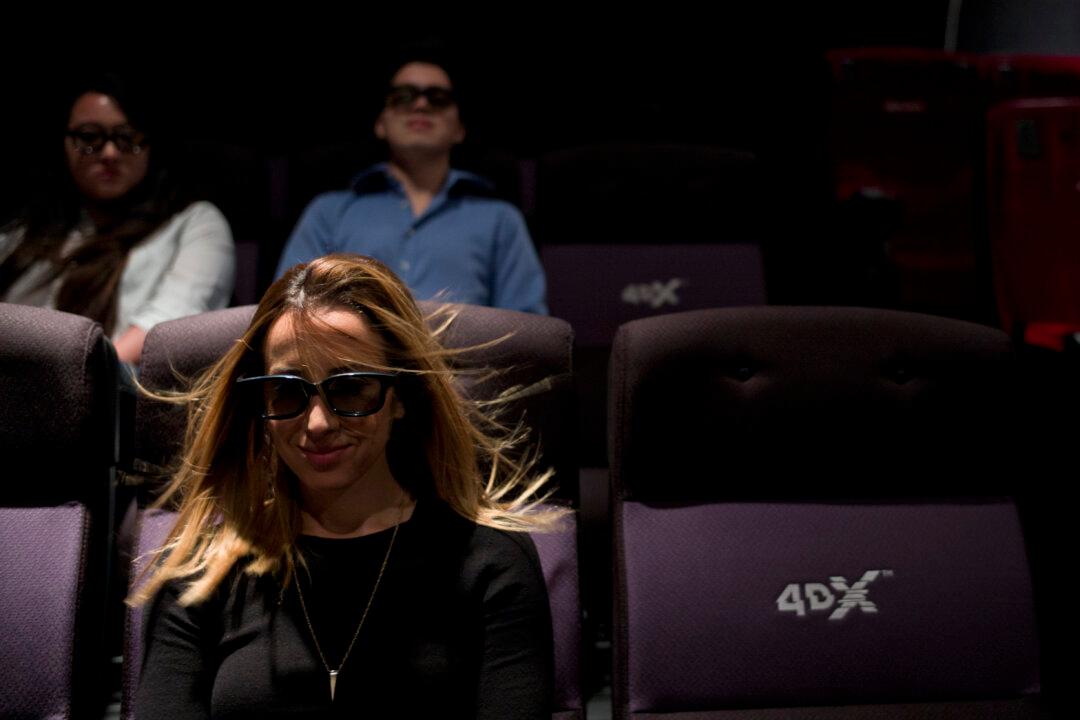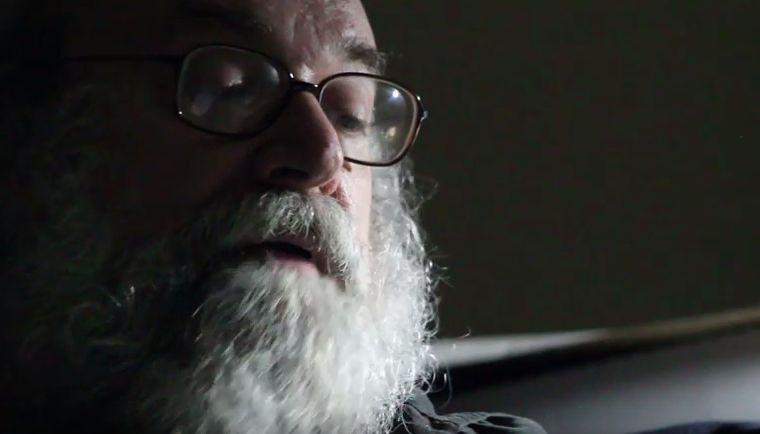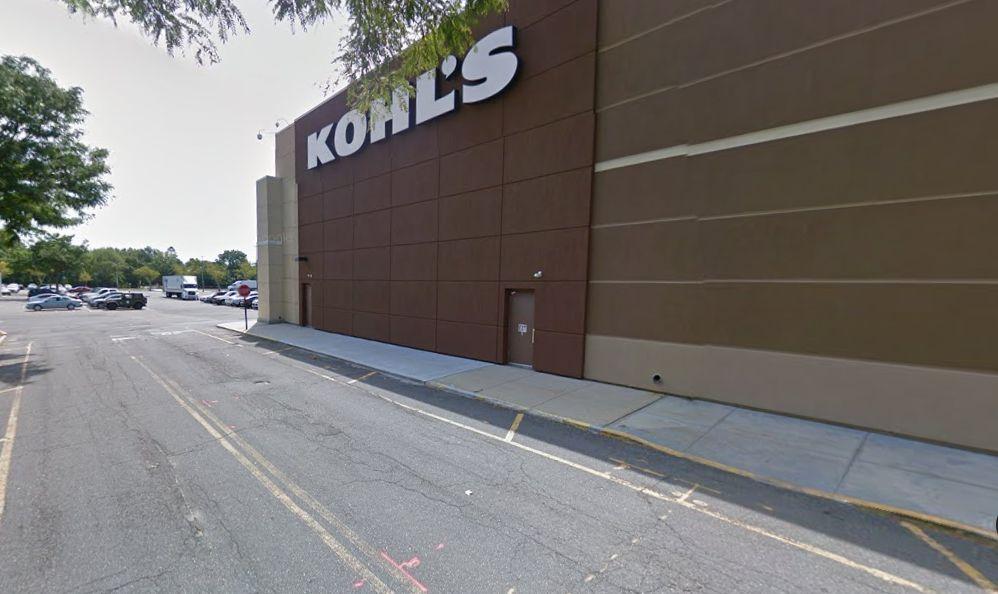LOS ANGELES—Mike Koenig sat back in his seat for a recent screening of “Mad Max: Fury Road.” But this was no ordinary theater chair.
As the theater darkened and death machines rumbled across the desert on screen, Koenig’s chair rumbled with them. As bullets whizzed by Furiosa, the movie’s heroine played by Charlize Theron, puffs of air shot out of Koenig’s headrest. Wall-mounted fans in the theater gusted desert winds and fog machines pumped smoke from the mayhem.
The 46-year-old software salesman’s Wednesday matinee was a “4-D” movie experience, the kind of rollicking thrill factory once reserved for theme park rides.
With domestic movie theater attendance stagnant in recent years, more theater owners are looking to provide these immersive jolts to goose both moviegoers and box office revenues.




